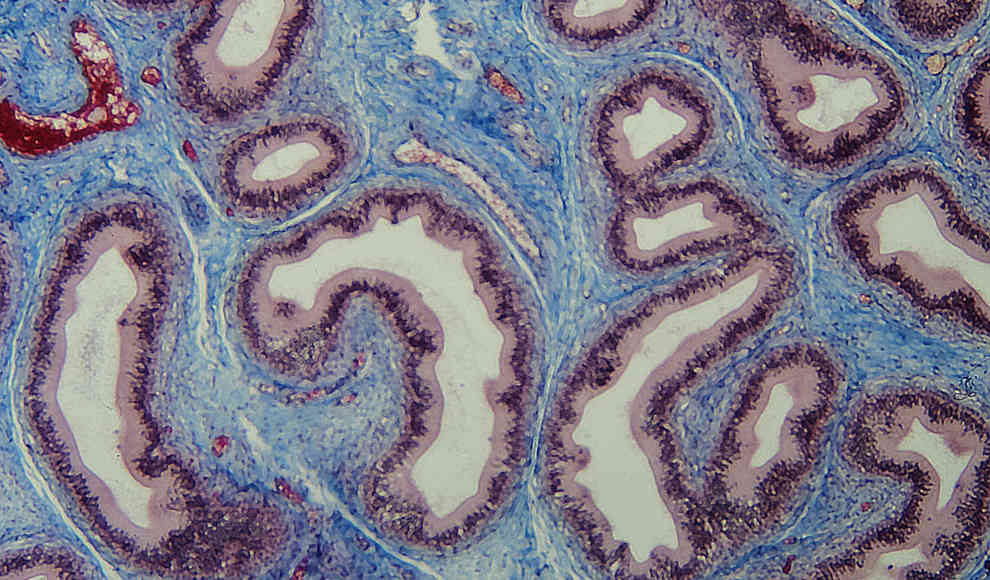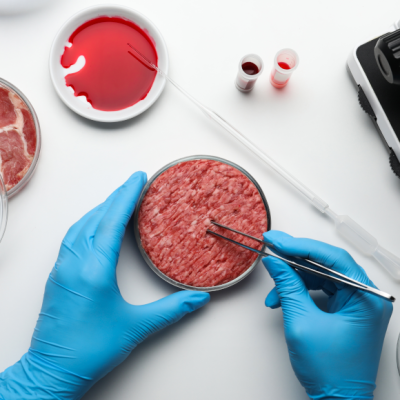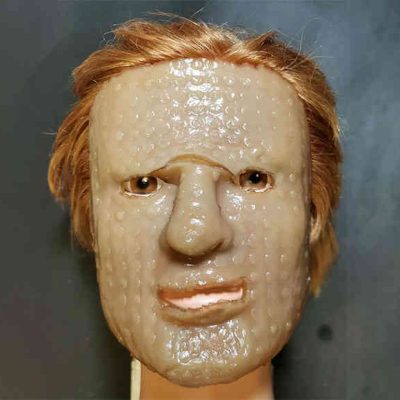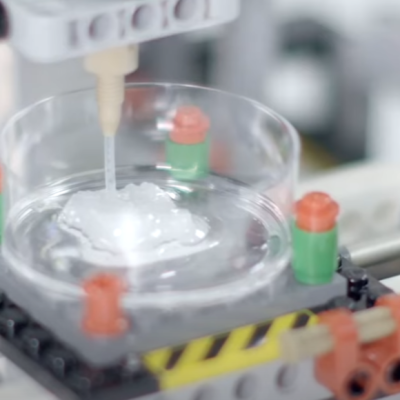Chinese scientists have developed a new wound adhesive that can seal even heavily bleeding heart injuries in just a few seconds. The adhesive has already been successfully tested on pigs in laboratory experiments. Currently, doctors use conventional threads, wires, and staples to treat wounds on internal organs, which can be problematic for organs like the lungs and heart that are constantly moving. In many cases, the contraction of the organs causes the wound closures to come undone before they can fully heal. Scientists have been searching for new materials to better treat these wounds, and researchers at the Zhejiang University School of Medicine in China have now presented a glue in the journal Nature Communications that has already been successfully tested on pigs.
The challenge in developing a wound adhesive is that the material must harden quickly and adhere long-term despite the moist environment. In the past, polymer-based hydrogels have been experimented with, which adhere well to wet tissue surfaces but harden too slowly and are not flexible enough to adapt to movements. Additionally, they can be toxic to humans. The team led by Yi Hong took inspiration from the extracellular matrix, a tissue type that already exists in the human body, to develop their wound adhesive. The extracellular matrix is abundant in the connective tissue and is made up of water, collagen, glycosaminoglycans such as hyaluronic acid, and is characterized by its high flexibility and stability.
To create the artificial wound adhesive, the scientists mimicked the structure of the extracellular matrix using hyaluronic acid (HA-NB) connected to butanamides and gelatin (GelMA). The result was a glue that, according to the researchers, “has the same ratio of GelMA to HA-NB as collagens and glycosaminoglycans in human connective tissue.” The new hydrogel reacts to UV radiation and can be hardened within about 20 seconds by exposure to light, bonding the molecules of the adhesive to the tissue of the treated organ. Laboratory experiments on pigs showed that the resulting wound closure was highly elastic and durable, even withstood cramps, and could seal heavily bleeding heart injuries without the need for additional tools.
Further studies will show how long the adhesive can last and any potential side effects before clinical trials with human patients can begin. The researchers conclude that “the results show that the synthetic gel with its controllable polymerization properties can quickly and permanently stop bleeding in heart wounds.”










